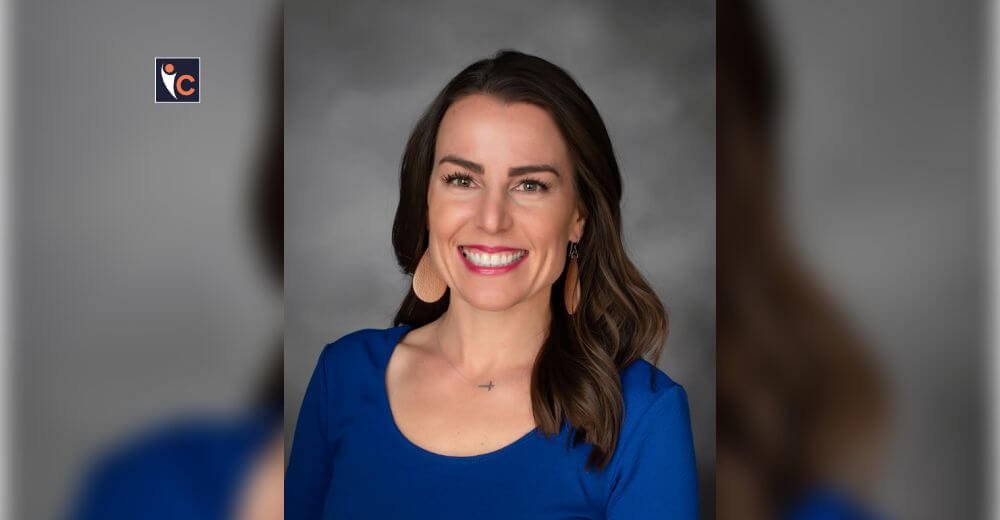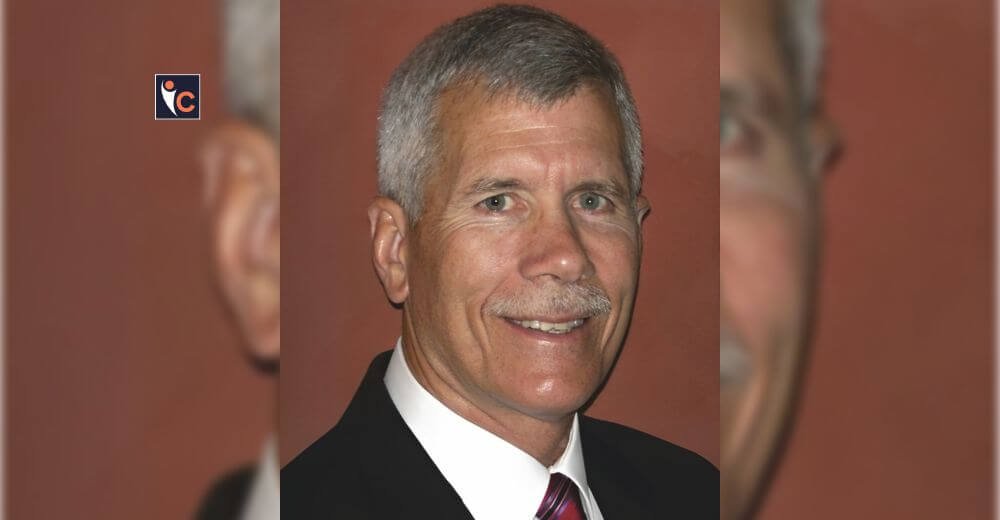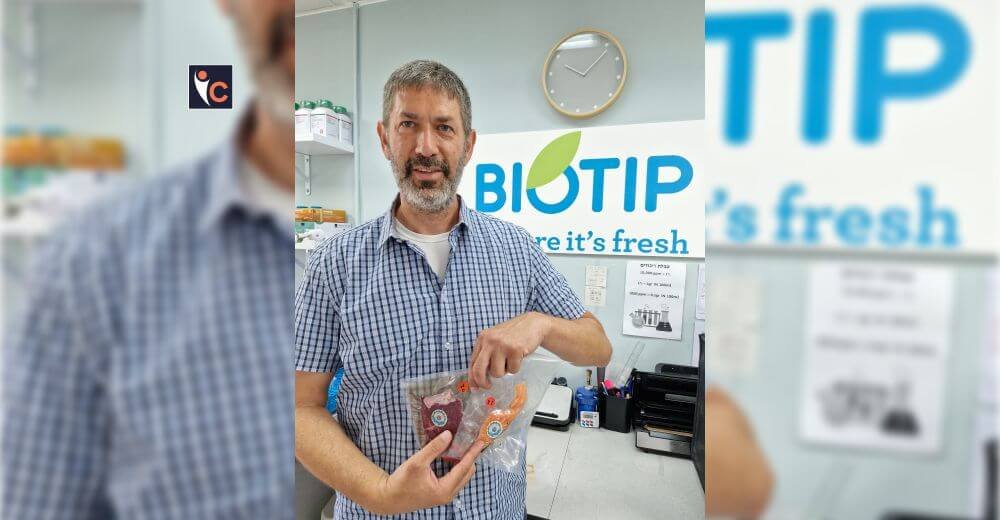In the contemporary age, the progression of drug development hovers on the edge of profound and revolutionary changes. This forward movement is fueled by state-of-the-art technologies, pioneering investigations, and inventive approaches. The ever-changing scenario has propelled the pharmaceutical sector into an era of unparalleled possibilities and obstacles.
With the same fascination leaving an indelible mark, Steve Mason, Co-Chief Operating Officer, has made big advancements in drug development at Altasciences where he and his team work to help clients make informed key decisions for the early phases of drug development. Altasciences’ innovative vision is to deliver a seamless outsourcing experience for biopharmaceutical and biotechnology companies, from lead candidate selection to clinical proof of concept, and beyond.
In this journey, we at Insights Care join Steve through an interview to learn more about his career in the drug development industry, why he joined Altasciences, and what differentiates the company from other CROs and CDMOs.
Below are the highlights of the interview:
Kindly tell us the source of inspiration. What led you to venture into healthcare?
As a child, I needed to know how things worked. Naturally, I developed a fascination with science, which grew as I went through high school and eventually to higher education, where I received a bachelor’s degree in Biological Sciences from The University of Salford, and then a master’s degree in Toxicology from RMIT University. I became inspired by how chemistry and biology came together in disciplines like pharmacology and how diseases and conditions could be treated by manipulating and modifying those processes. That’s what led me to begin my career in preclinical drug development—my first stepping stone on this journey.
Brief us about yourself and shed some light on your journey towards becoming a part of Altasciences.
I’ve been in the drug development industry for 28 years. I began my career at Huntingdon Research Centre in the UK. In late 1999, I met Chris Perkin (who you may better know now as Altasciences’ CEO) and moved to Montréal, Canada, to join CTBR Bio-Research (now Charles River Laboratories), where Chris was General Manager. Over the next few years, I built the Safety Pharmacology Department for them and was then given the opportunity to move to China to establish the Charles River Shanghai facility, which became the first nonclinical facility in China to be certified as OECD GLP compliant. While in China, I moved to WuXi AppTec in Suzhou as their Vice President of Preclinical Services, before joining Altasciences in 2014.
I joined Altasciences right at the beginning of its evolution into the full-service, integrated CRO/CDMO we know it as today. At the time, Altasciences was still named Algorithme Pharma and was a clinical contract research organization. I spent three years as the General Manager of our clinical unit in Kansas City. Then, in 2017, I had the opportunity to lead our move into the preclinical research area. The idea of joining a company with such an innovative, fresh vision for drug development was exciting, as was the opportunity to build the nonclinical business from scratch.
What roles and operations do you play at Altasciences daily? How do they contribute to delivering the type of service that clients need?
As Co-Chief Operating Officer at Altasciences, I oversee all of our nonclinical solutions and four nonclinical facilities. I also collaborate closely with our other Co-Chief Operating Officer, Marie-Hélène Raigneau, who oversees our clinical, bioanalytical, and CDMO teams, as well research support Services.
No two days in this role are the same. In fact, it’s the constant change and the challenge of dealing with complexity that makes my job so interesting and rewarding. I’m involved at the individual study- and site-level when needed, but at a 10,000-foot-level set, and drive the overall strategy for our nonclinical business, ensuring that we stay focused and on track.
Tell us about the variety of services and products that you are part of at Altasciences.
Like I mentioned, I oversee our nonclinical services at our four preclinical sites where we conduct over 700 safety studies a year: Seattle, WA; Sacramento, CA; Columbia, MO; and Scranton, PA. Our preclinical solutions include a full range of in vivo GLP and non-GLP studies in multiple species to thoroughly assess the safety, and sometimes efficacy of potential new therapeutics. Our experts ensure that a client’s nonclinical drug development program provides the quality data they need for key decision-making for the next phases. We serve a wide range of clients from multiple sectors, such as pharmaceuticals, biologics, vaccines, nucleic acid therapies, and animal health products.
But that’s not all we have to offer at Altasciences. As a full-service CRO/CDMO, our nonclinical solutions can seamlessly integrate with our clinical services, bioanalytical services, and drug formulation, development, and manufacturing, to help clients evaluate their therapeutic candidates, advance lead compounds towards first-in-human trials, and support ongoing clinical development. We can also offer our clients additional research support to complement their nonclinical drug development, such as regulatory guidance, protocol development, project or program management, analytical chemistry, toxicokinetic, anatomic pathology, reporting, SEND, archiving—the list goes on.
This is what’s unique about Altasciences: we integrate these services, enabling different phases and teams in early phase drug development to work closely together, safely accelerating drug development for clients and helping them make earlier, more informed decisions about their molecules. So, although I oversee specifically nonclinical operations, there’s a lot of overlap with the other services and departments. We’re all one team—one Altasciences. Having a single partner for all early phase drug development work, that can streamline the processes, optimize a sponsor’s drug development roadmap, and improve their chances of success, is a major benefit—this is Altasciences’ Proactive Drug Development.
What specific R&D operations are you leading at present? Why do you find those essential?
R&D by definition is what we do every day. Our role in nonclinical is to assess the potential safety of candidate drugs and biologics before they are given to humans in the clinical trials we conduct, as well as during those clinical trials as the scope of their use changes and they are given to patients. We can all agree that getting this part right is essential for human safety and to ensure the development of new medicines for all.
In what way do you consider technological advances to be a pathway in conducting your operations?
Altasciences is always up to date with the latest software, equipment and technologies to enable our team to deliver data to our clients as accurately and timely as possible to help them make the right decisions faster. And when we can’t find a system that meets our needs, we create one! One of the biggest technological advances at Altasciences that has truly made a difference is comprised of two pieces: Ask Albert and a centralized scheduling system (COMPASS). Ask Albert is a proprietary communication tool we built to facilitate efficient, timely, information transfer between internal teams at Altasciences, no matter the research phase, location, or department. As a client’s molecule advances from one milestone to the next, their information moves as well, therefore eliminating the need to repeat themselves which naturally reduces the chances of communication errors. Our exclusive centralized scheduling systems allows for all Altasciences’ projects—again, regardless of phase or location—to be scheduled using a single software. This gives anyone at Altasciences, and more importantly, our project and program managers, full visibility, allowing them to actively manage client timelines and when the unexpected happens, find ways to optimize delivery through parallel scheduling. Both Ask Albert and COMPASS help our teams move in unison, providing a seamless outsourcing experience for our clients and ensuring we can react quickly and effectively in progressing our clients’ new drugs.
What endeavours are you currently pursuing to improve service measures at Altasciences?
We are currently implementing an ERP software, which will not only help with integrating our all our sites, but also further standardize our client touchpoints and position ourselves for future growth. We have also been transitioning one of our most recent nonclinical acquisitions to specialized late discovery and PK, with a focus on gene therapy, antibody, and cell-based therapies to add to our biologics capabilities. We feel that future growth for Altasciences, and drug development in general, can be enhanced by connecting with our clients earlier in the development cycle, prior to regulatory studies, with the intention of partnering with them throughout their early development.
What are some of the challenges you face when conducting operations and how do you turn them into opportunities for growth?
Some of our recent and specific challenges have been around incorporating different acquisitions into Altasciences, and scaling those with the overall growth of the company. By deploying standard software platforms across the organization, such as Provantis for nonclinical data collection, we’ve been able to accelerate that integration and ensure the backbone of the research we do at each site is set up and performed in the same way. This also provides us with growth opportunity since the single, common platform has automated a lot of previously manual tasks, and freed up significant bandwidth to take on more projects and more complex studies, which some sites just wouldn’t have been able to complete.
What advice would you like to give to budding entrepreneurs and enthusiasts who desire to venture into the sector?
Get as much experience as you can working in different roles in CROs. The more you can see of the end-to-end nature of the business, the better you will be positioned. And don’t underestimate the rigor of performing work to GLP standards. The U.S. FDA website is full of cautionary tales of organizations that weren’t prepared for the detail needed to be compliant with GLP—it’s a great learning resource.
How do you envision scaling your services and operations in 2023 and beyond?
Over the last five years, Altasciences has continued to increase capacity and expand our comprehensive service offering through both acquisitions and organic growth. Our growth is based on client feedback; what they wanted and needed from us. From 2020 to 2022, we added four locations: a CDMO facility in Philadelphia, a third clinical unit in Los Angeles (to complement our Kansas City and Montréal clinical pharmacology units), and two more preclinical facilities in Scranton and Columbia. We also expanded many of our facilities, which is continuing as we grow. We are always looking for ways to continue to increase our capacity and services.
We pride ourselves on offering multiple points of entry with complete flexibility, according to where our clients are in their drug development program. As for the future, we will continue to grow our relationships with clients. By which I mean, partnering with them for more services and even more end-to-end programs. This is where clients can experience the greatest benefits of partnering with a single CRO/CDMO like Altasciences. We will also continue to grow our footprint in Europe, after having opened an office in the UK in 2022.
This year has been, and will continue to be, a challenging year for some of our clients, and for many industries. We will help our clients through it, ensuring that we still work closely with them to get better drugs to market. People are depending on us and the therapies we help develop.










